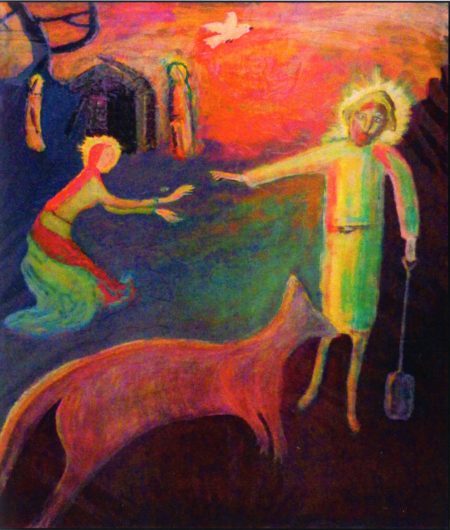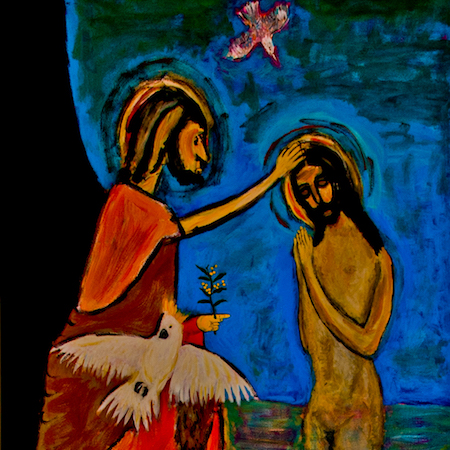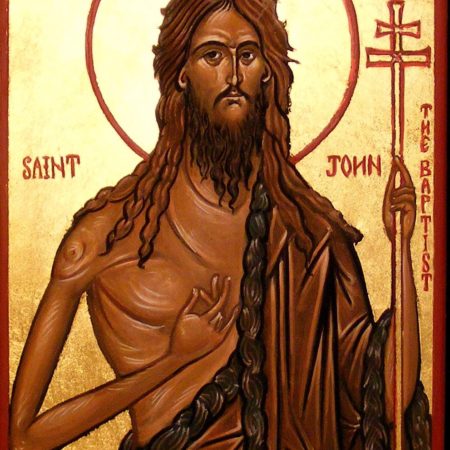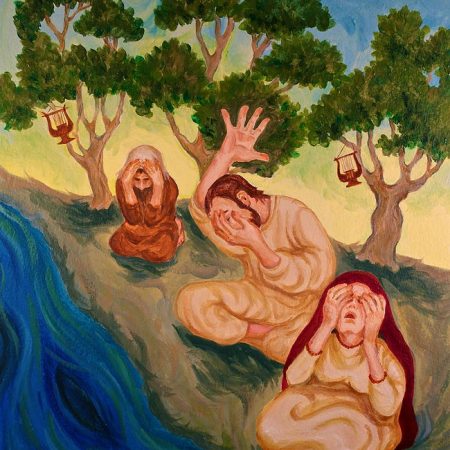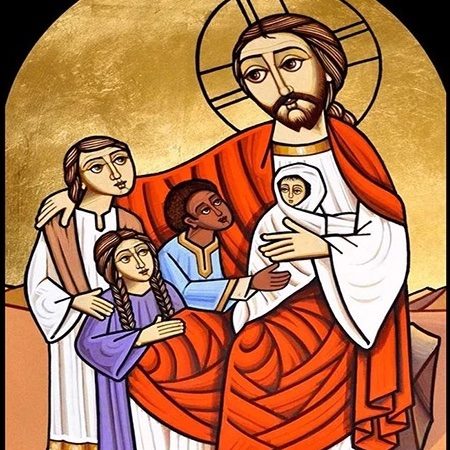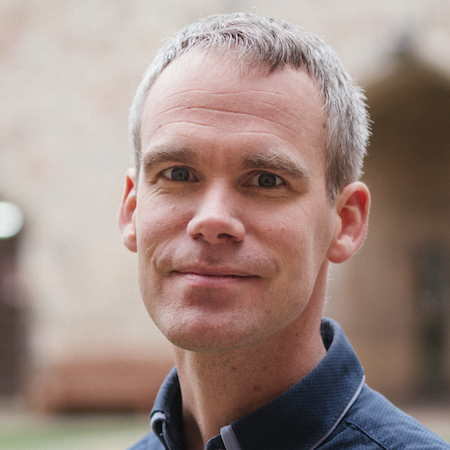In his suffering death, Jesus calls us to solidarity with all who suffer, and in his complete lack of vengefulness, the risen Christ offers the hope of healing from our violence.
Sermons on Mark
God is most likely and able to work through those who accept their own weakness and don’t try to forcefully assert their own power and influence.
Despite our almost idolatrous attachment to social structures like traditional family and monarchy, God wants us to live up to our calling to be a radically egalitarian community of prayerful shared responsibility.
The good news of resurrection meets us in the darkest places of our lives and so is initially incomprehensible and disorienting.
In an increasingly polarised world, championing the radical love and mercy shown by Jesus is likely to bring hostility from all sides.
The transfiguration reminds us that in and through Jesus, the perfect Son of God and the perfect Son of Man, we each have the potential to experience and to be glimpses of God who is the true agent of change in our lives and in the world.
Following Jesus in ministering among the needs around us is not a call to do everything ourselves.
Jesus overcomes the demonic powers which colonise our religious structures and thinking and which rob us of our freedom, integrity and life.
In baptism, the Holy Spirit is ordaining us (all of us) for mission.
Though we are to strive for righteousness and justice now, what we achieve now is a mere shadow of what will be fulfilled in the day of the Lord.
Being God’s people can be awkward. Our actions of love and care stand against the me-first culture, and to seek justice, love, and a better world.
When we respond to the call to follow Jesus, he asks us to stop and examine our motives. Is it for the life of the world, or for our own benefit?
Faithful lament, even enraged and despairing lament, takes us close to the heart of God, though we usually can’t perceive God when we are there.
The Kingdom of God can only be accepted the way a child welcomes a hug, not the way lawyers accept a divorce settlement.
In Jesus, rejoicing at our deliverance leads us not to retribution, but to a way of peace, living life for each other, praying for each other, and holding the good of each other before our own.
The beginning of wisdom, the entry onto the road that leads to life, is reverence for God, which shapes our character and therefore our lives.
Who we think Jesus is has real life implications. If we name him as God’s chosen messiah, we need to be ready to follow and live as he lives.
The power of God is that a contagion of life—of transformation, hope, and peace—is more powerful than a contagion of death.
An attitude of respectful silence is an essential part of a deep, intimate relationship with God.
Instead of leaving unsaid the things that could cause conflict and division, we are called to listen intensely, slowly, intentionally, allowing all to speak their truth, so that we can find a way to move forward together in love and humility.




